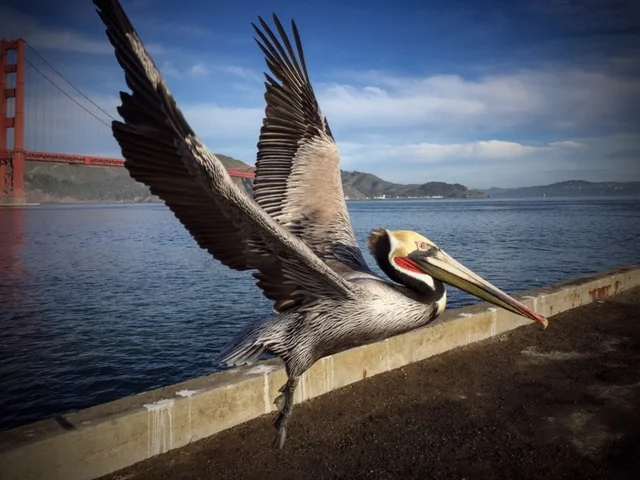I stepped out the door of the Hotel Imperial onto the same ragged lane I had found almost depressing on my arrival two weeks earlier. But now the scene glowed with warm memories, friendship, and the imprint of Spanish two-cheek kisses and American hugs. The previous days and nights had been a feast of tasty tapas and Semana Santa processions of giant Jesus floats led by towering clanlike coneheads. It was increasingly difficult to be leaving with Easter approaching.
As the taxi driver stored luggage and opened doors, high heels clicked along the polished stones of the passage. I stepped aside, briefly catching sight of eyes gleaming beneath the black lace of a mantilla, and then couldn't stop staring. The young woman paused in her conversation with her partner and we did the two-step required to share the narrow passage.
"Oh my God," I breathed, my Spanish fleeing with the sight. "You are beautiful!"
We switched back to their language, and I learned that starting Thursday afternoon, this was how most of the women of Seville would be dressing until Easter, as my taxi drive to the airport was to confirm. I touched her arms, unable to decide if it was tattoos or lace, then asked if I could take her picture. As she posed, the taxi driver came around and insisted we should both be in it.
We chatted away until the taxi driver tapped his watch and pointed helplessly at the cars lined up behind him.
"The streets might be full of women in black," I said, "but you are my first. What a gift. Thank you, thank you."
And then she practiced her English. "You made my day," she called, her smile widening.
We hugged in farewell and I realized I had been ignoring her partner, a handsome young man made inconspicuous by normal street attire. I apologized for ignoring him, but told him he just couldn't compete. He laughed and hugged me and I dashed into the taxi




